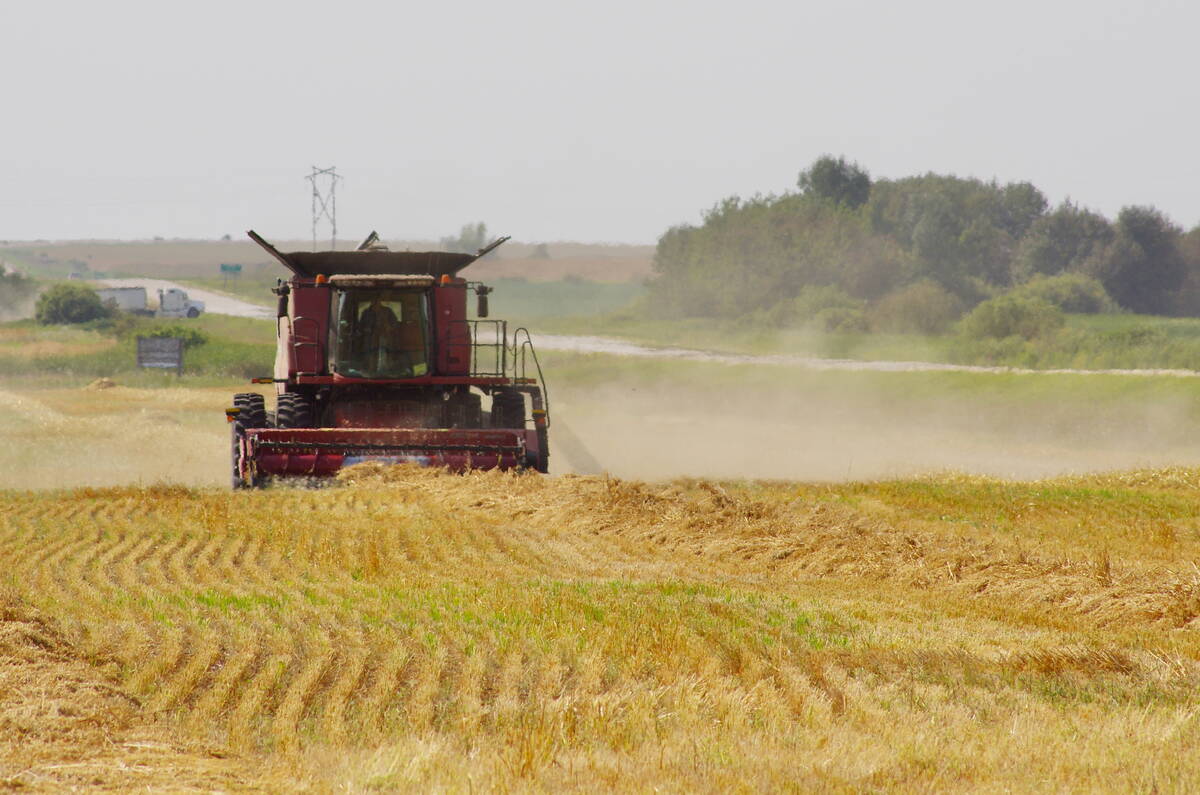Trade battle brewing | Canadian officials say American changes to labelling rules fall short
Canada is talking tough after the United States failed to make major changes to its country-of-origin labelling rules by the May 23 deadline set by the World Trade Organization.
A trade war across the 49th parallel could be looming.
Federal agriculture minister Gerry Ritz told a May 23 news conference during a trade trip to Russia and Kazakhstan that Canada will retaliate once all WTO appeals have been settled.
He said last minute changes made by American officials do not change the basic protectionism of U.S. rules.
Read Also

Herbicide resistance sprouts in Manitoba’s wild oats
Farmers across Manitoba this fall are gearing up for the latest salvo in what, for many, has become a longtime battle to beat out wild oats.
“We’re assessing all options,” said Ritz.
“Certainly that is part of the next step. There is a process that takes time at the WTO, but we’re not going to step away at this point. We have no intention of backing off or backing down.”
Ritz has suggested that tariffs targeting American imports could be worth up to $1 billion and will not necessarily target only agricultural products.
“If the Americans think this is a game of chicken, well the cliff’s in front of them,” he said.
“We will do everything in our power to make sure that they understand that both Canadian industry as well as American industry is totally rejecting what they have come forward with today.”
Last year, following a challenge from Canada that was supported by Mexico, the WTO ruled that U.S. COOL rules were unacceptable protectionism and not simply consumer education as the U.S. claimed.
The U.S. Department of Agriculture issued its first draft of changes this past winter and its final draft May 23.
The USDA issued a statement May 23 proclaiming its tweaking of COOL regulations to be full compliance with international trade obligations. Its rules will require meat packers to list the origin of beef, pork and chicken in products sold in U.S. grocery stores.
“USDA remains confident that these changes will improve the overall operation of the program and bring the mandatory COOL requirements into compliance with U.S. international trade obligations,” U.S. agriculture secretary Tom Vilsack said in a statement.
It included an endorsement from U.S. National Farmers Union president Roger Johnson.
“We are very pleased that the USDA has decided to stand strong and keep COOL.”
The Canadian Pork Council accused the U.S. of flouting the WTO judgment, calling the reaction shocking and appalling.
The Canadian Cattlemen’s Association was equally critical. President Martin Unrau said the U.S. action was “extremely frustrating.”
Both farm groups say they support Canadian threats of tariff retaliation.
However, it could take many months to get to that stage.
The Americans will report to a WTO compliance committee that they have adhered to the ruling. Canada and Mexico will object.
The committee will eventually issue a ruling.
The loser in that ruling will appeal.
If Canada wins its case, it will have to go back to the WTO to ask for the right to retaliate and the monetary limit of the retaliation based on an assessment of the damage done to Canada.
Canadian livestock sectors estimate the damage in price depression and reduced access to U.S. packing plants at $1 billion or more a year.
Ritz said the American meat industry estimates that COOL costs it hundreds of millions of dollars a year. Many packing plants are running at less than capacity or have closed because Canadian animals are no longer available.
Ritz said that despite American arguments about being in compliance, “we still feel they’re totally not in compliance with what the WTO ruling and the appeal process drove them to or instructed them (to do).”
Agriculture parliamentary secretary Pierre Lemieux said in the House of Commons May 24 that Canada will not back down.
“Our government will continue to aggressively defend the interests of our Canadian livestock producers and we will not stop until we succeed,” he said.
















